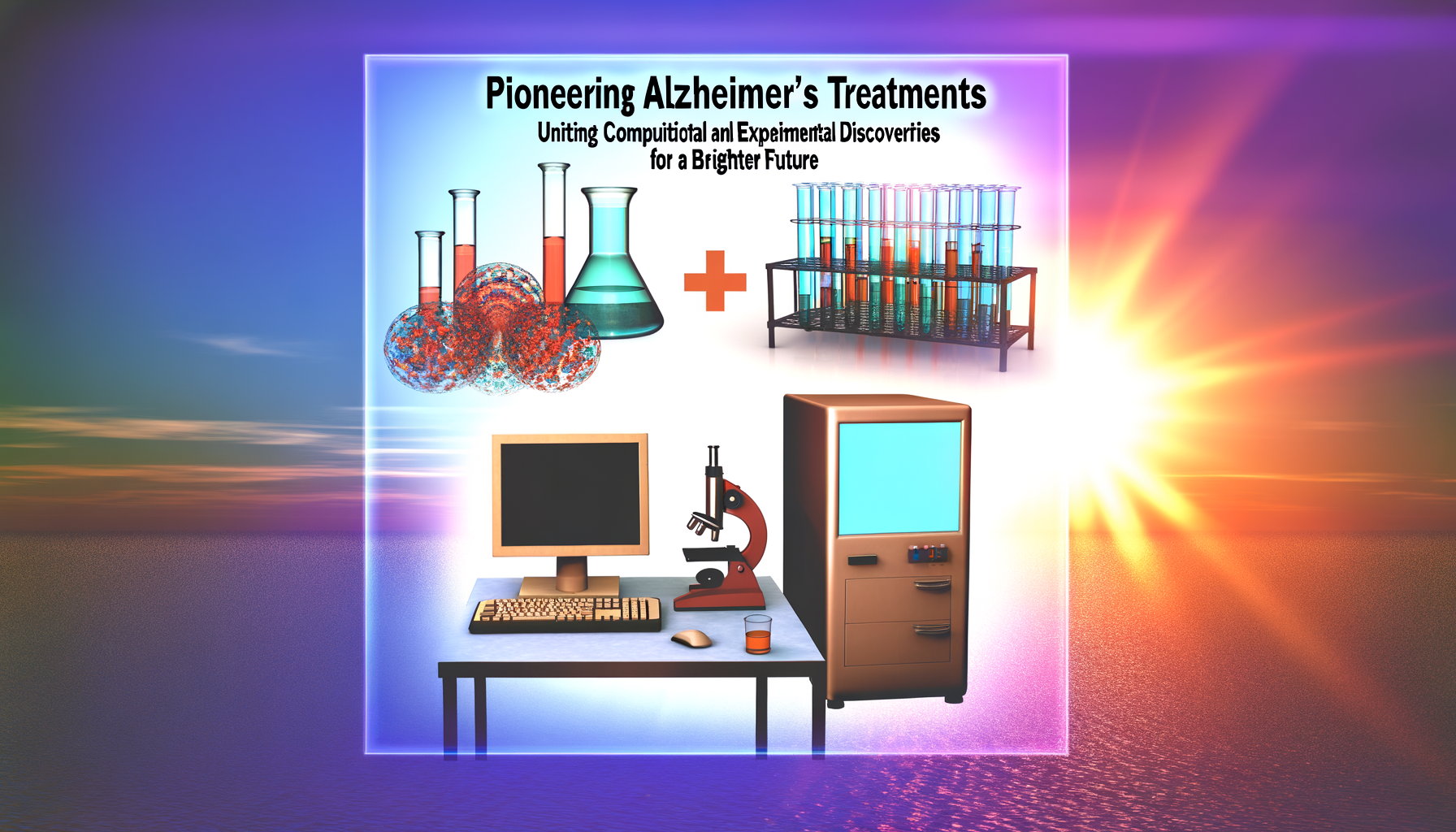Exploring Computational and Experimental Approaches in Alzheimer's Drug Discovery: A Reader-Friendly Overview
Article Summary
A recent systematic review titled "Evaluating Computational and Experimental Approaches in Early-Stage Alzheimer's Drug Discovery" highlights innovative strategies for tackling Alzheimer's disease (AD), a condition posing significant global health challenges. The reviewed research, spanning studies from 2000 to 2024, assesses the use of computational tools like molecular docking, virtual screening, and molecular dynamics simulations. These methods help identify drug candidates targeting proteins like acetylcholinesterase (AChE) and β-secretase (BACE1). Notably, 35 studies focused on natural compounds, such as quercetin, while 54 assessed synthetic ones like tacrine derivatives. Integrating computational with laboratory methods enhanced drug validation, although challenges in data quality and predictive accuracy persist.
Understanding the Biological and Medical Context
Alzheimer's Disease Basics: Alzheimer's is a neurodegenerative disorder characterized by memory loss and cognitive decline, heavily influenced by proteins such as amyloid-beta and tau. Think of the brain's neurons as a communication network; in Alzheimer's, this network is disrupted by protein accumulations, akin to traffic jams on a highway.
Key Terms Explained:
- Molecular Docking and Virtual Screening: Imagine these as speed-dating for molecules, predicting how well a drug (the guest) might fit and bind with a specific target protein (the host).
- Molecular Dynamics Simulations: These are like high-tech video analyses in sports, getting detailed insights into how molecular interactions play out over time.
Research Significance and Applications
The reviewed research is vital as traditional methods in AD drug discovery have limited success. By harnessing computational techniques, scientists can sift through vast libraries of potential compounds swiftly, akin to using a highly efficient librarian searching for a specific book. This accelerates the identification of promising drug candidates. Combining these methods with experimental validations in lab settings enriches our understanding of how these compounds may work in real biological systems. In practice, improving AD drug discovery could lead to better treatment options, helping millions of patients worldwide.
Expert Opinion and Future Perspectives
The integration of computational and experimental approaches holds great potential, yet success hinges on improving data accuracy and predictive models. Computational advances could revolutionize drug discovery not only in AD but across various diseases. Future efforts should focus on creating more sophisticated models and enhancing data quality. Moreover, fostering collaborations between computational scientists and experimental biologists can facilitate breakthroughs in understanding complex diseases like Alzheimer's.
Conclusion
This research is a beacon of hope in the challenging field of Alzheimer's treatment, illustrating the power of combining digital advancements with traditional lab science. As we look forward, refining these approaches promises exciting new avenues for discovering effective therapies.
References
- Original article: “Evaluating Computational and Experimental Approaches in Early-Stage Alzheimer's Drug Discovery: A Systematic Review” PubMed ID: 40478444.
Note to Readers: This blog post interprets findings from the latest systematic reviews in Alzheimer's research, making cutting-edge science accessible for everyone. Feel free to subscribe for more insightful articles on health and medical breakthroughs.
